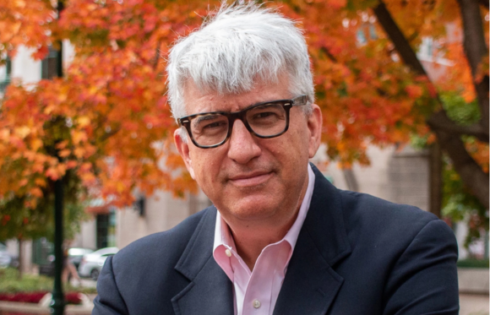 “The List” has been discussed in whispers and heated outbursts all day. Honestly, I don’t see why. My initial reaction to the The Daily’s headline, “Stanford athletes had access to list of ‘easy’ courses,” followed a shrug—So what’s the big deal? After actually reading the article, my reaction was stronger—Now this is truly an overreaction.
“The List” has been discussed in whispers and heated outbursts all day. Honestly, I don’t see why. My initial reaction to the The Daily’s headline, “Stanford athletes had access to list of ‘easy’ courses,” followed a shrug—So what’s the big deal? After actually reading the article, my reaction was stronger—Now this is truly an overreaction.
Before seeing the list or knowing its contents, I assumed that all of the courses on the list were actually easy. Even if every course on that list could objectively be labeled “easy,” why are we concerned that it is available? Those courses are offered by Stanford University, and Stanford is supposed to award credit only for those courses that meet the academic standards of this institution. By their very existence, courses on that list are approved by this university. (And like Wyndam Makowsky, I can attest to the fact that Polisci 114S: International Security in a Changing World and other courses on the list really are both difficult and rewarding.)
To graduate, we must take certain classes for our majors, we must fulfill General Education Requirements (GERs), and we must take electives. We can count up to a dozen units in activity credits towards our undergraduate degrees. And as long as we—athletes and non-athletes alike—fulfill those requirements, then why is it anyone’s business how we do that. According to the university’s rules, the 180 units that every student contributes to his degree—in whatever combination he chooses—are worthy of that degree. And 75% of the list’s courses actually fulfill some specific course requirement. Are those extra worthy?
In his post on ESPN’s Pac 10 Blog, Ted Miller said it just right:
“…If an athlete who is majoring in biology or English or political science also takes Social Dances of North America III, what’s the big deal? He still has to complete his major.”
Let’s be honest: this is the way most of us take classes. We finish our majors with some quarters that are easier and some that are harder. We supplement our heavily academic courses with others that are fun or, as The List described its contents, interesting. We do that for our own sanity. Time demands, both academic and non-academic, are different for each student. That is why each individual student is able to craft a schedule that works for him.
And really, I see very little difference between The List and students’ approach to Courserank sleuthing by homework requirements, word-of-mouth recommendations, Facebook pleas for easy courses, shopping for classes that are easy during Weeks 1 and 2, and pre-course syllabus browsing. Indeed, Dean Julie was on point when she noted that The List contained information that was available in other places. The article said,
“Before officials discontinued the list, Julie Lythcott-Haims, dean of freshmen and undergraduate advising, said with other scheduling resources available to all students, perhaps the list was ‘unnecessary.’”
The thing that most concerns me is that the overblown nature of this story will actually serve to undermine the impressive academic accomplishments of students across this campus. This story is no longer contained to this campus. Here at Stanford, we all know athletes who are truly scholars and leaders. In fact, the article actually quoted some of them. But the quotes used in the piece did not do Stanford athletes justice.
With the story already picked up by The San Francisco Chronicle, ESPN, and USA Today, the country may now view a large contingent of driven, intelligent, talented students as lazy corner-cutters. The article failed to properly portray the balance between academics and extracurriculars that almost all Stanford undergrads try to find. For the most part, we are doing what we need to do to excel inside the classroom and outside of it. The Stanford Duck Syndrome is real, and to ignore that is to ignore a pervasive characteristic of Stanford students. Individual Stanford students are always paddling to stay afloat, but others can’t know the true extent of each person’s exertion. Sometimes, ducks would do well to acknowledge the paddling going on in the rest of the pond.
Autumn Carter is the editor of the Stanford Review and blogs at Fiat Lux. She is a member of the Student Free Press Association.




Please join the conversation about our stories on Facebook, Twitter, Instagram, Reddit, MeWe, Rumble, Gab, Minds and Gettr.